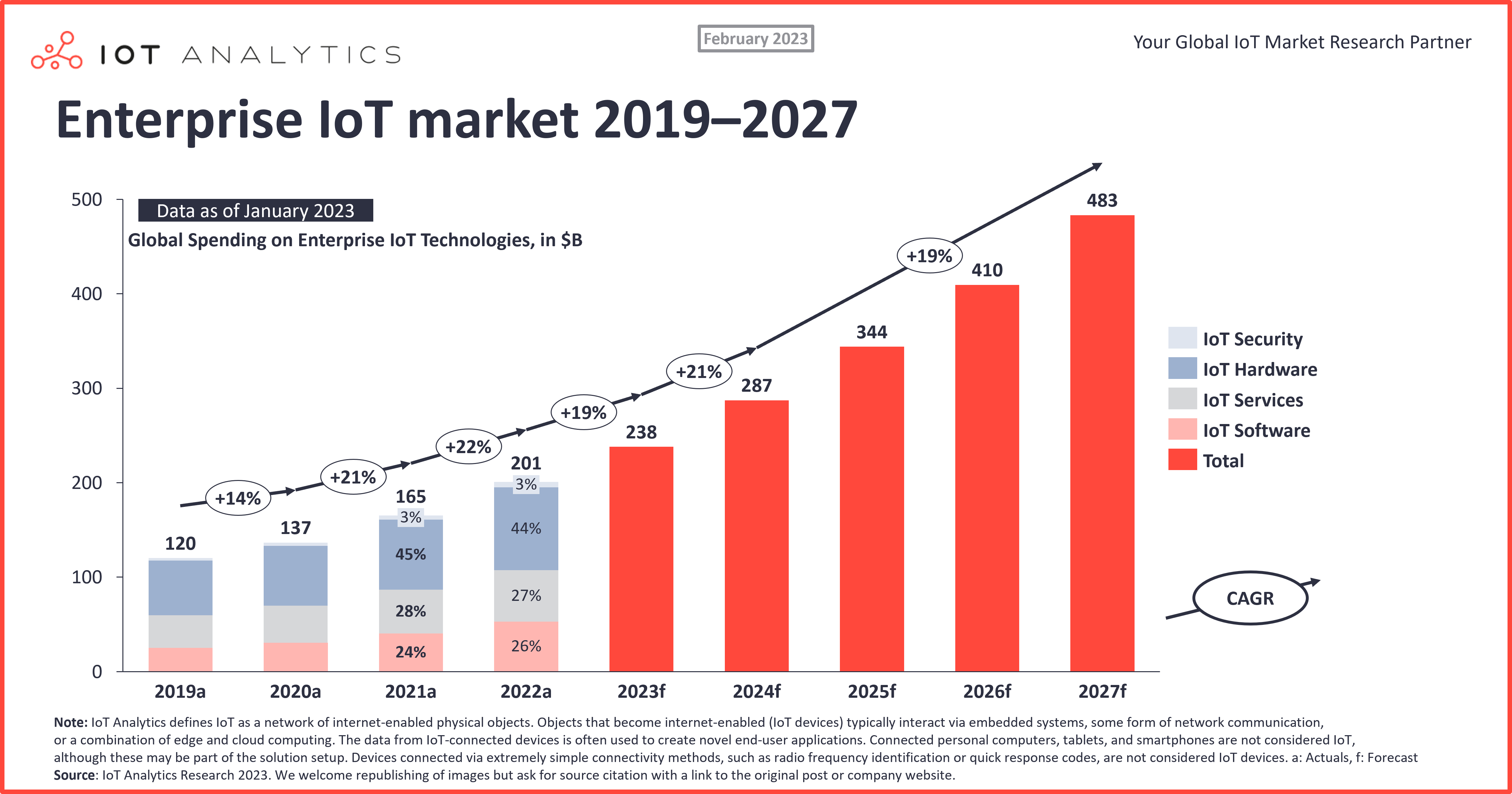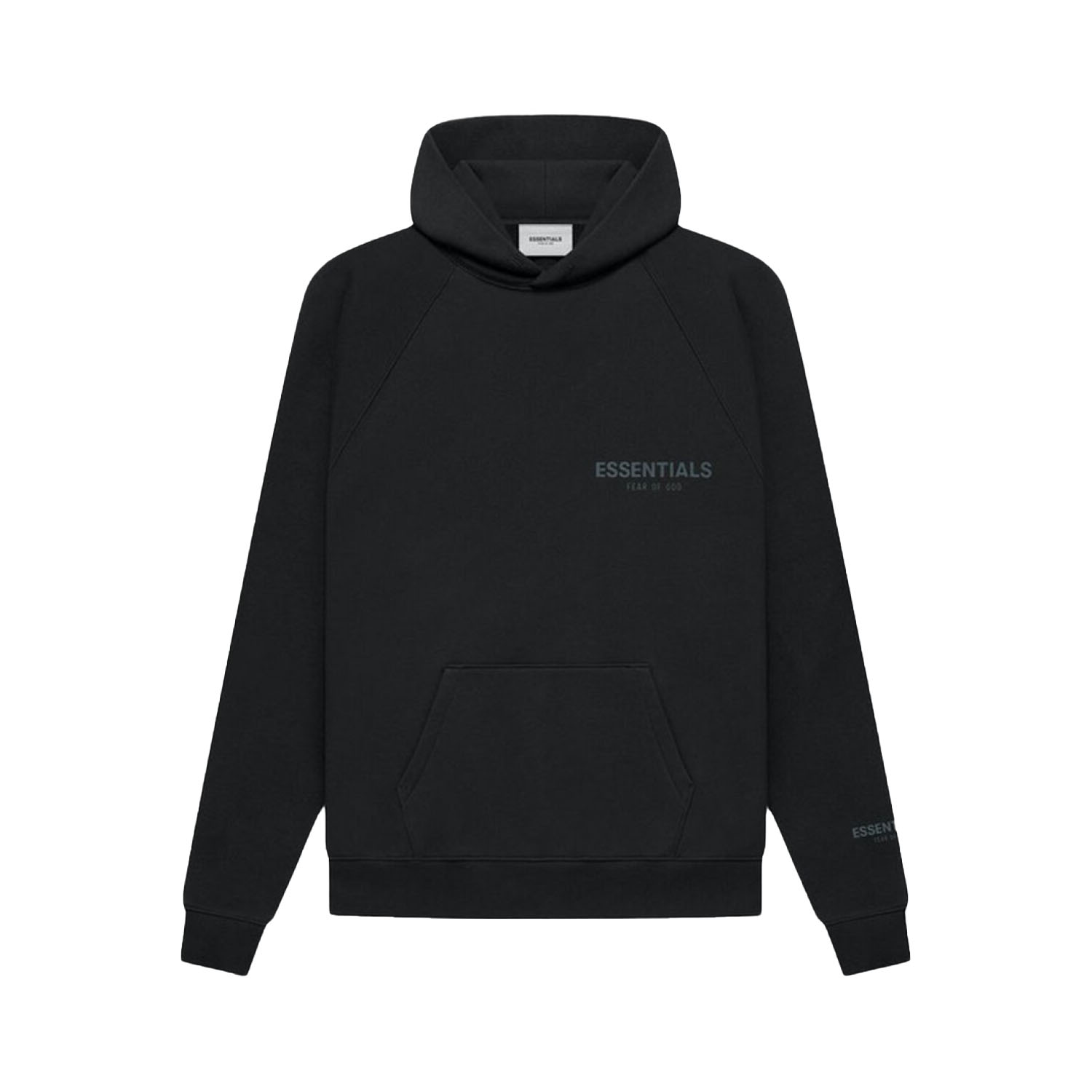Imagine a world where every device talks to each other seamlessly, sharing data and insights in real-time. This is the realm of IoT Core remote IoT display chart, a game-changing technology that transforms how we interact with data. From smart homes to industrial automation, the ability to remotely monitor and control devices through interactive charts is revolutionizing industries across the globe. In this article, we’ll dive deep into the world of IoT Core and how it empowers businesses to harness the power of remote data visualization.
Let’s be real here—IoT isn’t just a buzzword anymore. It’s a reality that’s shaping our future. With IoT Core at its heart, businesses can now access real-time insights through remote IoT display charts. These charts aren’t just numbers on a screen; they’re actionable intelligence that helps you make smarter decisions, faster.
But hold up! Before we get too deep into the nitty-gritty, let’s break it down for those who might be scratching their heads. IoT Core is like the brain of the operation, while remote IoT display charts act as the eyes. Together, they provide a complete picture of what’s happening with your connected devices, no matter where you are. So, buckle up because we’re about to take you on a journey through the wonders of IoT Core remote IoT display chart.
Read also:Kesha Ortega 2025 The Rising Star Of The Future
Understanding IoT Core and Its Role in Remote IoT Display Chart
IoT Core is the backbone of the Internet of Things ecosystem. Think of it as the command center that manages all the data flowing between devices. When combined with remote IoT display charts, it becomes a powerhouse for data visualization. But why is this so important?
First off, IoT Core simplifies the process of connecting devices. It handles authentication, data routing, and device management, ensuring everything runs smoothly. This means you can focus on what really matters—interpreting the data presented through remote IoT display charts.
Remote IoT display charts are more than just graphs. They’re dynamic tools that allow you to visualize data trends, identify anomalies, and track performance metrics in real-time. With IoT Core handling the backend, these charts become a window into the world of connected devices.
How IoT Core Enhances Data Visualization
Now, let’s talk about the magic of IoT Core remote IoT display chart. By leveraging IoT Core, businesses can create interactive charts that offer unprecedented levels of detail. Here’s how:
- Real-Time Data Streaming: IoT Core ensures that data is transmitted instantly, allowing charts to update in real-time.
- Scalability: Whether you’re managing a few devices or thousands, IoT Core scales effortlessly to meet your needs.
- Customization: Remote IoT display charts can be tailored to show exactly the data you need, from temperature readings to energy consumption.
This level of customization is crucial for businesses looking to gain a competitive edge. By tailoring charts to specific requirements, decision-makers can focus on the most relevant data points.
Benefits of IoT Core Remote IoT Display Chart
So, what’s in it for you? The benefits of IoT Core remote IoT display chart are numerous and varied. Let’s take a closer look:
Read also:Is Lilithberry Ai Unpacking The Truth Behind This Tech Sensation
Improved Decision-Making
With real-time data at your fingertips, making informed decisions becomes a breeze. Whether you’re managing a smart factory or monitoring a smart home, the ability to see what’s happening right now is invaluable.
Cost Efficiency
IoT Core remote IoT display chart helps businesses cut costs by optimizing resource usage. For example, by tracking energy consumption, you can identify areas where savings can be made.
Enhanced Security
IoT Core incorporates robust security features to protect your data. This means you can trust that your remote IoT display charts are showing accurate and secure information.
Implementing IoT Core Remote IoT Display Chart
Implementing IoT Core remote IoT display chart might sound daunting, but with the right approach, it’s a breeze. Here’s a step-by-step guide to get you started:
Step 1: Define Your Objectives
Before diving in, it’s essential to know what you want to achieve. Are you looking to monitor specific metrics, or do you need a comprehensive overview of your operations? Defining your objectives will help you design charts that meet your needs.
Step 2: Choose the Right Tools
There’s a wide range of tools available for creating remote IoT display charts. Some popular options include:
- Google Charts
- Chart.js
- Highcharts
Each tool has its strengths, so choose one that aligns with your objectives and technical capabilities.
Step 3: Integrate with IoT Core
Once you’ve chosen your charting tool, it’s time to integrate it with IoT Core. This involves setting up data streams and ensuring that your charts are updated in real-time.
Common Challenges and Solutions
While IoT Core remote IoT display chart offers immense potential, there are challenges to overcome. Let’s explore some common hurdles and how to tackle them:
Data Overload
With so much data available, it’s easy to get overwhelmed. The solution? Prioritize the data that matters most and use filters to streamline your charts.
Security Concerns
As with any connected system, security is paramount. Ensure you’re using the latest encryption protocols and regularly update your systems to protect against threats.
Technical Complexity
For those without a technical background, implementing IoT Core can seem intimidating. Consider partnering with a specialist or investing in training to build your team’s skills.
Case Studies: Real-World Applications
Let’s look at some real-world examples of how businesses are using IoT Core remote IoT display chart to drive success:
Smart Agriculture
Farmers are using IoT Core to monitor soil moisture levels and weather conditions. Remote IoT display charts help them make data-driven decisions, optimizing crop yields and reducing waste.
Healthcare
Hospitals are leveraging IoT Core to track patient vitals in real-time. Remote IoT display charts enable healthcare professionals to respond quickly to changes in a patient’s condition, improving outcomes.
Manufacturing
In the manufacturing sector, IoT Core remote IoT display chart is revolutionizing production lines. By monitoring equipment performance, businesses can predict maintenance needs and minimize downtime.
Future Trends in IoT Core Remote IoT Display Chart
The world of IoT Core remote IoT display chart is evolving rapidly. Here are some trends to watch:
Artificial Intelligence Integration
AI is set to play a bigger role in IoT Core, enhancing the capabilities of remote IoT display charts. Imagine charts that not only show data but also offer predictive insights based on machine learning algorithms.
Edge Computing
Edge computing is gaining traction, allowing data processing to happen closer to the source. This reduces latency and improves the performance of remote IoT display charts.
5G Connectivity
The rollout of 5G networks will further enhance the capabilities of IoT Core, enabling faster data transmission and more reliable connections.
Expert Tips for Maximizing IoT Core Remote IoT Display Chart
Here are some expert tips to help you get the most out of IoT Core remote IoT display chart:
- Stay Updated: Keep up with the latest developments in IoT technology to ensure your systems remain cutting-edge.
- Collaborate: Work with other businesses and experts in the field to share knowledge and best practices.
- Test Regularly: Regular testing ensures your charts are accurate and your systems are functioning correctly.
Conclusion
IoT Core remote IoT display chart is transforming the way we interact with data. By providing real-time insights and actionable intelligence, it empowers businesses to make smarter decisions and achieve greater efficiency. As we’ve seen, the benefits are numerous, from improved decision-making to enhanced security.
So, what’s next? If you’re ready to take the plunge, start by defining your objectives and choosing the right tools. Remember, the key to success lies in staying informed and adapting to the ever-changing landscape of IoT technology.
Don’t forget to share your thoughts in the comments below. And if you found this article helpful, be sure to check out our other content for more insights into the world of IoT.
Table of Contents
- Understanding IoT Core and Its Role in Remote IoT Display Chart
- Benefits of IoT Core Remote IoT Display Chart
- Implementing IoT Core Remote IoT Display Chart
- Common Challenges and Solutions
- Case Studies: Real-World Applications
- Future Trends in IoT Core Remote IoT Display Chart
- Expert Tips for Maximizing IoT Core Remote IoT Display Chart
- Conclusion
Let’s face it, the future is connected, and IoT Core remote IoT display chart is leading the charge. So, why wait? Dive in and discover the power of real-time data visualization today!



